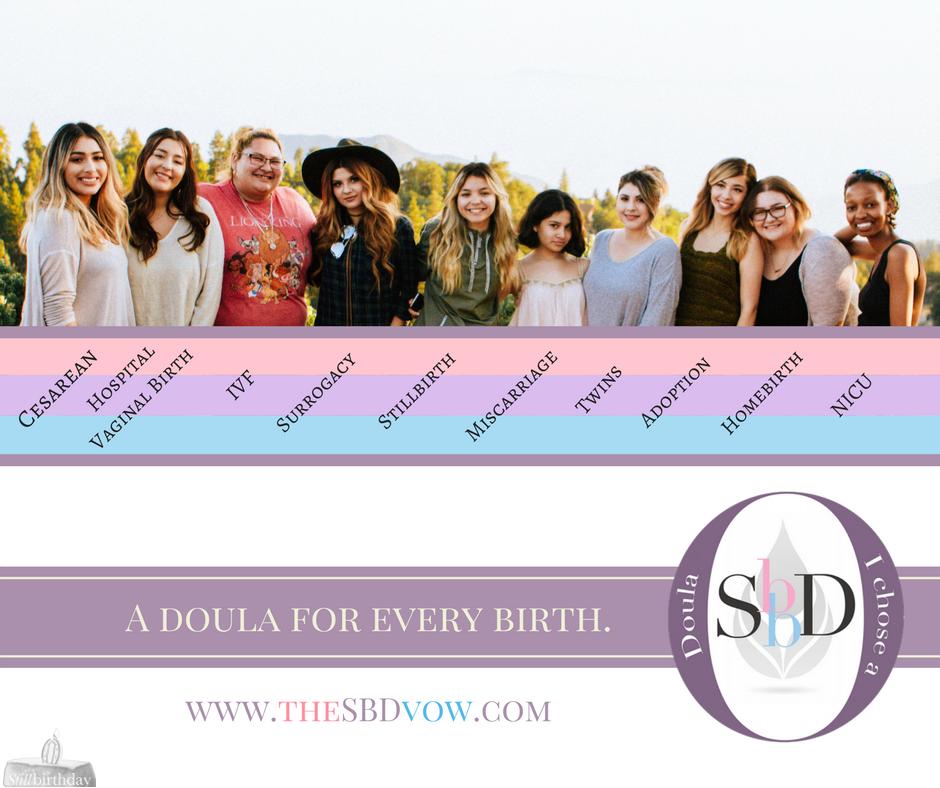A full term pregnancy lasts approximately 280 days.
Childbirth, for a first time mother, lasts approximately 24-36 hours. It lasts even less for subsequent births.
Breastfeeding lasts approximately 3 years per child at the outmost, but studies continue to show that it lasts approximately 6 months to a year per child.
Co-sleeping lasts anywhere from weeks to a handful of years.
These are all topics at the forefront of pregnancy and birth education, in books, classes, and in online discussions.
Pregnancy loss lasts a lifetime.
And it is not talked about.
If you run a pregnancy or birth blog, Facebook page, or class, it is important for you to begin discussing this topic, and to do so wisely.
I understand that you might be afraid. You might be worried that you don’t have experience on the topic, you don’t know how to start talking about it, and you don’t want to scare pregnant mothers.
I understand.
There is a way to work around these things, and still prepare your readers or your audience. These mothers deserve to be prepared.
Here are some tips and things you can present:
1. “Now that you are pregnant, what do you say/do for a friend who experiences pregnancy/infant loss?”
This is the easiest way to introduce the subject. It takes the fear of loss off of the mother, but lets her find a place to share about something she may have already experienced in her pregnancy: her friend, sister, co-worker or neighbor may have experienced a loss while she was pregnant. Stillbirthday addresses this important situation, and provides support for the pregnant mother on how to respond to her grieving friend. Please visit our “Friends/Family” link, and scroll down to the section that gives these mothers this useful information. Check out Birth Without Fear, both her blog and on Facebook, for her authentic and admirable approach to bereavement. Read this article from Brio Birth. They have broached the subject of pregnancy loss from the perspective of “What to do When a Friend Experiences Pregnancy Loss.”
2. “Does anyone feel comfortable sharing about their pregnancy & infant loss experience(s)?”
This uncovers the secret community of heartbroken mothers right within the community you already have established. It brings you closer to them – it addresses the reality they carry alone. It brings them closer to each other, and helps them support one another.
Please, be prepared in advance for your readers sharing their stories and/or photos of their babies. I have endured quite a lot at stillbirthday, with people stealing photos, lying about losses, accusing others of lying about their losses, people saying horrendous things about others’ experiences and their children. I’ve encountered mothers being blamed for their birth choices, blamed for their expressions of grief, blamed for being unsupported, and blamed for actually using their experiences for good. I’ve encountered segregation between mothers experiencing loss from different perspectives, decisions and processes. Please, be very mindful of the opportunities you create for these things to take place, and know that when you leave a conversation open, like on a Facebook thread, these things may occur at any time. I go to great lengths to uphold our sharing policy and to care for the stories and photos here, so that regardless of situation or interpretation, this is a safe place for everyone. Take some time to learn about social networking and grief, and some of the articles we’ve written and the stories shared here. You can learn a great deal, if you allow yourself to.
Offer the love you can, and be prepared to refer to others for further support.
Please, utilize stillbirthday – it is what we are here for.
3. “How can a pregnancy/infant loss be respected and treated like the birth that it is?”
This lifts the taboo. It addresses the issue head-on, while placing the job of creativity on the mothers. In so doing, it lets them see that loss is tragic, but talking about it isn’t scary. It helps them to see their peers – those who’ve experienced loss – as mothers. It helps them to know that no matter what happens, today, tomorrow, or ever, they are in fact, mothers. It will let them come back to you later, if they ever do experience a loss, and thank you as they remember you being a place that had already spoken of the truth they experienced.
How often should you talk about loss?
If you are a blog writer, cover an article specifically on preganncy & infant loss at least once every six months or so; this will increase the likelihood that any mother will find it during the time that she is pregnant.
If you are a Facebook page owner, cover a discussion on pregnancy and infant loss at least once every three months or so; pages tend to move much more quickly than blogs, and this will also increase the chance that any mother will find it during the time that she is pregnant.
There are many, many subjects “within” pregnancy and infant loss that you can explore, including prevention, support, and healing.
More than anything, simply make yourself available to approach loss every day, any day, for any mother, any time. Know how to support, through stillbirthday.
For additional information on discussing pregnancy and infant loss, please view our article entitled Poor Prenatal Preparation.











Leave a Comment